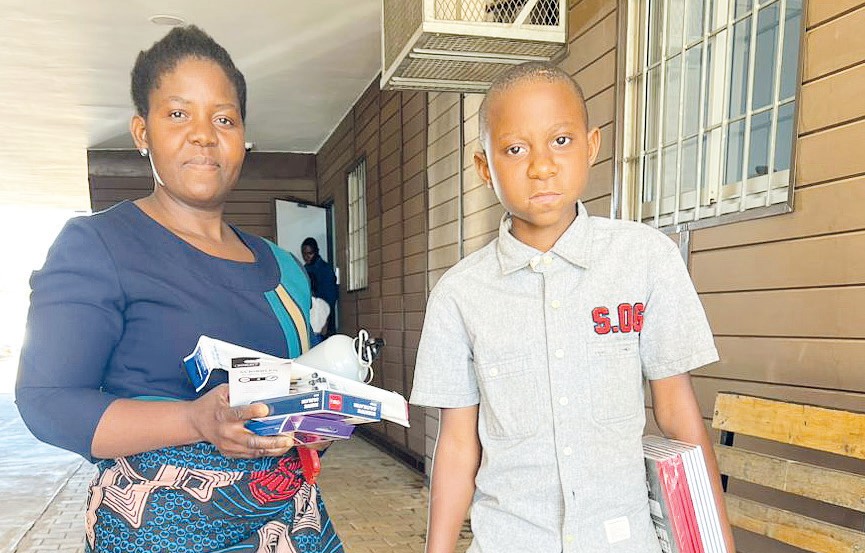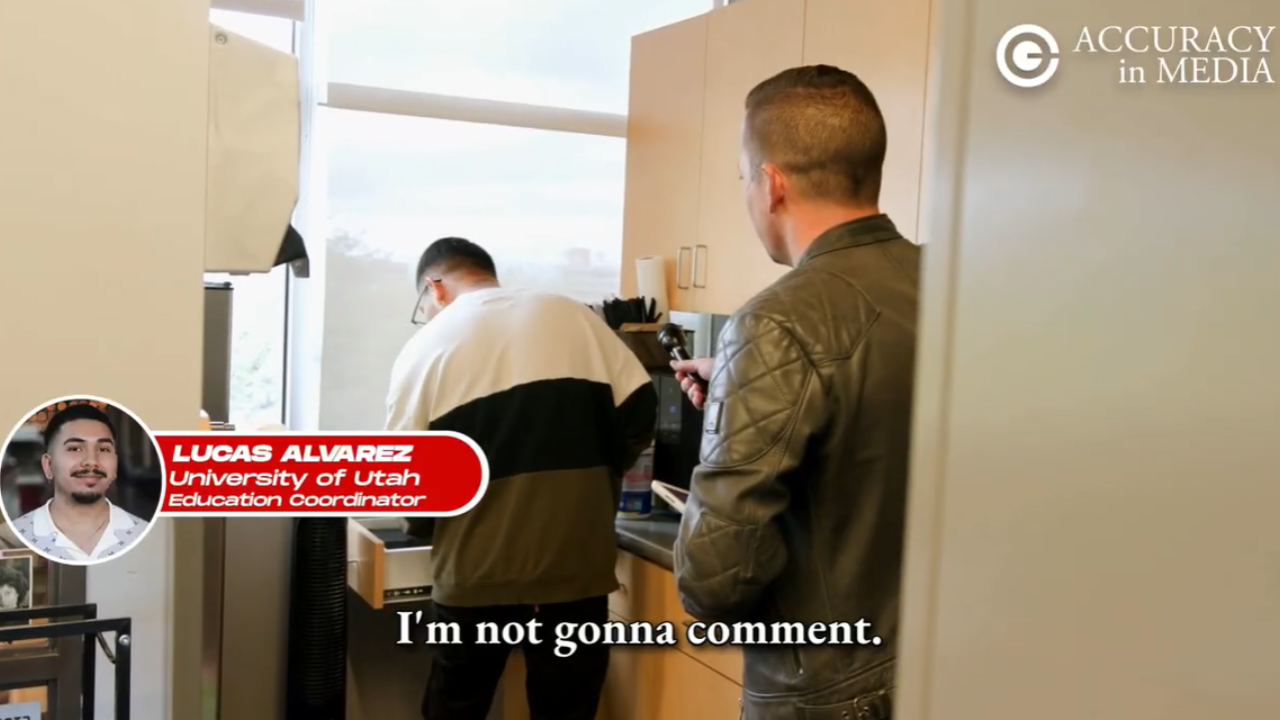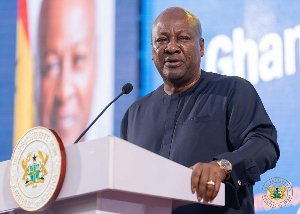Copyright mwnation

Rodney Gowero was nine years old in May 2022 when a swollen face, persistent stomachaches and nausea turned out to be cancer of the lymph nodes. The 12-year-old has overcome the condition that tested not only his mental strength, but also his family’s resolve to protect his well-being. Doctors call it T-lymphoblastic lymphoma. The teen cancer survivor and his mother shared his brave battle for recovery. He recalls: “At first, I felt pain in the stomach and repeated nausea. Clinical staff at Kamuzu Central Hospital in Lilongwe said a goitre had developed near my heart. Later, I started losing hair, vomiting a lot and even losing blood. My appearance changed. I felt discouraged, feared that I would not finish school.” The Standard Five pupil, who dreams of becoming an engineer, has endured “depressing” scorn from his peers and gnawing pain that discouraged him from going to school. He thanks his parents for encouraging him and the doctors who assured him that cancer can be treated. Rodney is a living testimony that cancer can be cured if detected and treated early. His mother, Aaliyah Gowero, is a healthcare worker. She recalls the days doctors struggled to find answers to his condition. “It started on Monday, May 2 2022 when his face was swollen. By Sunday, it was worse. The next day, we went to the hospital where scans revealed a tumour near his heart,” she says. The boy endured a string of costly referrals, tests and hospital stays, including being sent back due to a missing medical file. “He was struggling to breathe when we learned that his file was missing. That day, he couldn’t sleep. I told him to sit upright until the next morning when we went to see the doctors again,” the mother recalls. When Rodney was finally diagnosed with cancer of the lymph nodes, Gowero had been reminding herself that people get sick, “even our children”. “I asked doctors at the National Cancer Centre in Lilongwe: ‘Do people survive cancer in Malawi?’ They said yes, if we follow the treatment properly. That gave me hope,” she says. Rodney was declared cancer-free after three years of chemotherapy. “I didn’t want my son to stop schooling. Every day, we would go for injections and then take him to school,” she says. Her commitment paid off. Rodney stayed in school, completed treatment in September 2024 and now enjoys good health. Confidently clinging to his dream to become an engineer, Rodney urges young cancer patients not to lose hope. “You’ll get better. Cancer is curable, so do not drop out of school. Keep going until your dreams come true.” Rodney’s story resonates beyond hospital walls, affirming that cancer is not a death warrant. Dr Rizine Mzikamanda Junior, a specialist doctor at Baylor College of Medicine’s Children Foundation, says up to 1 500 children develop cancer each year, but only a third gets diagnosed. “The rest go undetected due to poor awareness, traditional beliefs or lack of access to care,” he says. The disease burden could be higher as many die without knowing their condition. “Childhood cancer survival rates in high-income countries exceed 80 percent, but remain as low as 20 to 30 percent in sub-Saharan Africa, including Malawi,” says Mzikamanda. The opening of the National Cancer Centre at Kamuzu Central Hospital this year has doubled up the annual survival rate to 60 percent. “Rising awareness and access to care are bearing fruit,” the doctor says. The Childhood Cancer Awareness Month last September spotlighted the importance of supportive care. It focused on the importance of physiotherapy, which helps children regain mobility and manage side effects of treatment and nutrition, which strengthens immunity, supports recovery and improves treatment tolerance. However, challenges persist as cancer patients and guardians still bear impoverishing cost of frequent hospital trips and stays. This contradicts a government policy to ensure everyone accesses quality health care within a five-kilometre radius to reduce financial hardship. Meanwhile, mass awareness remains low and the health system struggles to provide quality cancer treatment, care and support due to shortage of skilled staff, equipment and social services. Baylor College of Medicine Malawi is working with Ministry of Health to train frontline health workers, strengthen screening services in some districts and embed childhood cancer awareness into school programmes and routine healthcare education. Constance Nyasulu, a social worker who specialises in childhood cancers, says some clients die without knowing their status because they believe cancer is caused by witchcraft or God’s wrath. She says: “Many believe that cancer is an incurable contagious disease that only affects adults. “Through storytelling, school talks, media segments and partnerships with community leaders, the campaign works to debunk these myths.” Testimonies from young survivors and their guardians have proven impactful in putting a human face to little known cancers, tackling fear of the unknown, myths and misconception. The social worker states: “Our goal is to build a future where every child with cancer in Malawi is diagnosed early, treated appropriately and supported holistically. “Hearing directly from someone who has walked this path is powerful; it promotes understanding and motivates others to seek help early.”



